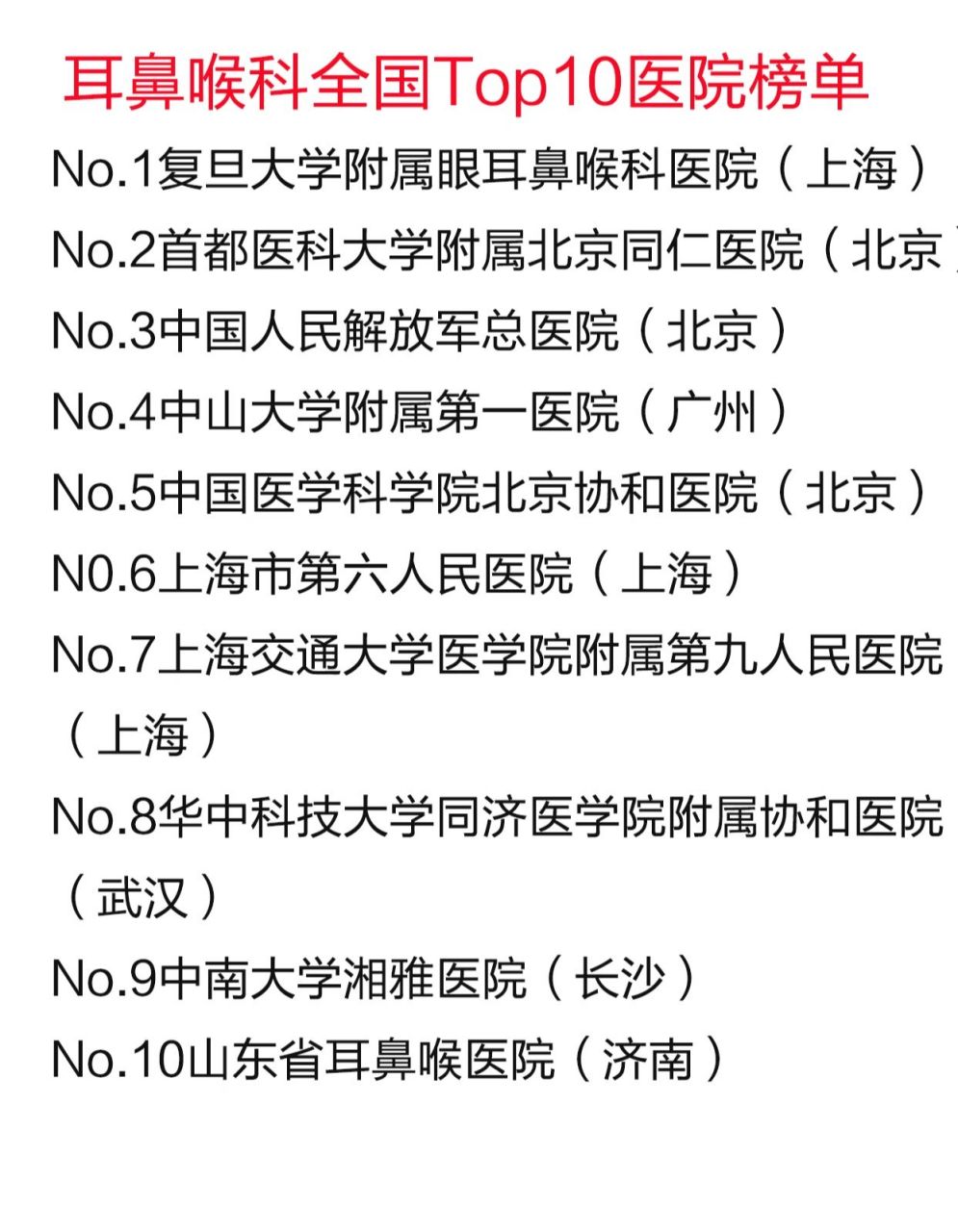
The Chinese phrase "怎么办才好" is pronounced as "zěn me bàn cái hǎo" in Mandarin. Here's how to pronounce each part:
- "怎么办" (zěn me bàn) is pronounced with the third tone for "怎" (zěn), the second tone for "么" (me), and the fourth tone for "办" (bàn), which falls sharply at the end. Together, it means "what to do" or "how to handle".
- "才好" (cái hǎo) is pronounced with the second tone for "才" (cái), which rises from a mid to high pitch, and the third tone for "好" (hǎo), which starts low and dips down further at the end. Together, it adds a nuance of "to be appropriate" or "to be the right way".
So, when you put it all together, "怎么办才好" is pronounced "zěn me bàn cái hǎo". This phrase is often used to express uncertainty or to seek advice on a particular situation or problem, implying a desire to find the best or most appropriate solution.









